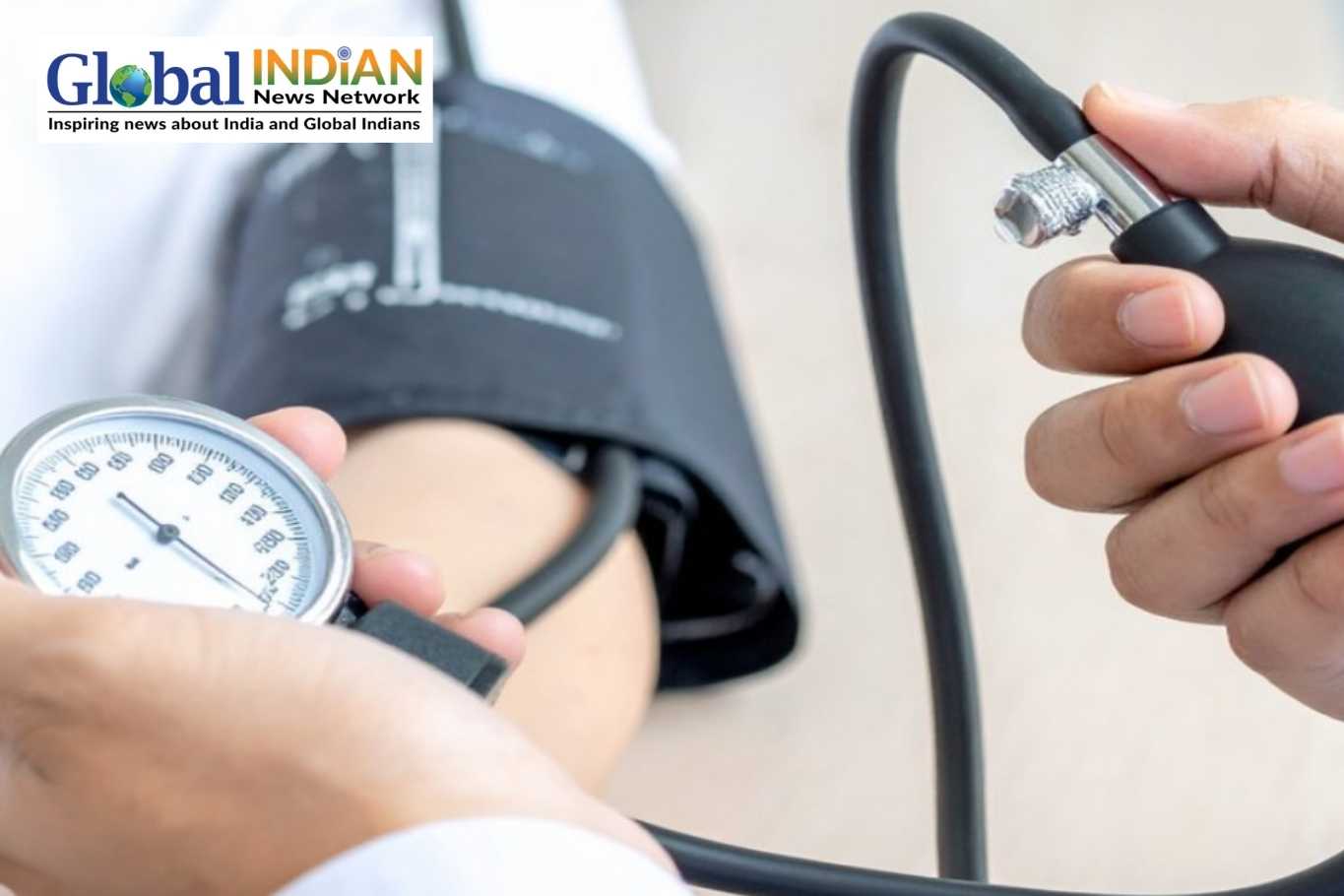
A recent study published in the Journal of Affective Disorders suggests that women are more prone to experiencing symptoms of depression during the perimenopause phase compared to their premenopause or postmenopause years.
Conducted as a meta-review, researchers examined the risk of developing clinical depression and depressive symptoms across different menopausal stages. The analysis, comprising seven peer-reviewed longitudinal prospective studies with over 11,965 participants, focused on females aged 18 and above who were pre-, peri-, or postmenopausal. These studies evaluated the variance in depression symptoms using standardized inventories.
The findings indicated a higher risk of depression during perimenopause, underscoring the importance of screening and support for women in this stage.
Dr. Cielo Gnecco, an obstetrician and gynecologist from Orlando Health Women’s Institute Center for Obstetrics & Gynecology, emphasized the need for proactive depression screening during menopause transitions. She acknowledged the study’s relevance in enhancing clinical practice.
The researchers also noted a notable increase in depression among women in perimenopause compared to postmenopausal individuals. They highlighted the significance of understanding menopause as a period of vulnerability, with hormonal shifts and psychosocial factors contributing to depression risk.
Dr. Michael Krychman, an OB/GYN and medical director of Women’s Health Services at MemorialCare Saddleback Medical Center, emphasized the importance of personalized treatment tailored to individual women’s needs.
The study resonated with Dr. Gnecco’s experience, who emphasized the emotional and physical changes women undergo during menopause. She stressed the importance of addressing these changes comprehensively to mitigate anxiety and depression risks.
Depressive symptoms are twice as common in women as in men, especially during midlife, according to previous research. Symptoms typically associated with perimenopause include sadness, anxiety, fatigue, and changes in sleep or appetite.
While traditional antidepressants may offer modest benefits, hormonal therapies like estrogen treatments could play a positive role in managing menopausal depression, according to recent findings.
Dr. Aimee Spector, a professor of clinical psychology of aging at University College London and an author of the study, urged physicians to consider menopause transitions when assessing women showing signs of depression. This holistic approach could guide appropriate treatment pathways, including hormone therapy or cognitive-behavioral therapy, tailored to individual needs.









